Gets Along with Others
The ability to form positive and healthy relationships with peers and adults. Children with better abilities to regulate their emotions and behaviours have more friends and experience more positive playtime with their peers.
Getting along with others and being able to form satisfying relationships with peers and adults is at the centre of emotional and physical well-being. Friendships provide opportunities for children and youth to master social skills, increase learning and establish positive behaviour. Learning the skills and competencies needed in order to develop and maintain successful relationships is a process that starts in infancy with the first critical relationship - the relationship between the caregiver(s) and the infant and then continues through development with adults supporting increasingly complex social interactions that children and youth encounter in their various environments.
A healthy caregiver-child relationship forms the template for future peer relations and friendships; however, while friendships take on an increasingly important role in late childhood and adolescence, they do not act as a substitute for caregiver-child attachments. Both healthy connections to peers and adults are necessary for child and youth development.
105 Resources
-
- Secure and Calm
- Gets Along with Others
- Alert and Engaged
- Compassionate and Kind
- Solves Problems Peacefully
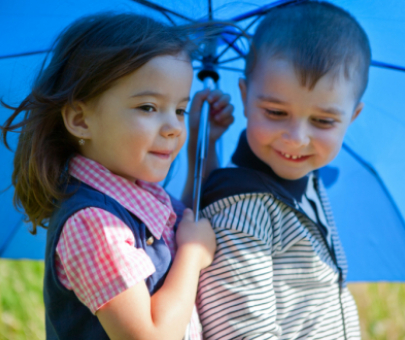
4 Ways to Support Friendship Skills
-
- Secure and Calm
- Gets Along with Others
- Alert and Engaged
- Compassionate and Kind
- Solves Problems Peacefully
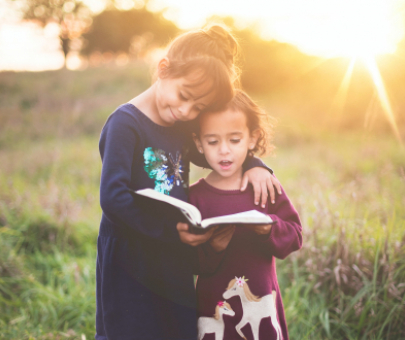
Story Based Activities to Engage Children This Summer!
-
- Secure and Calm
- Gets Along with Others
- Alert and Engaged
- Compassionate and Kind
- Solves Problems Peacefully
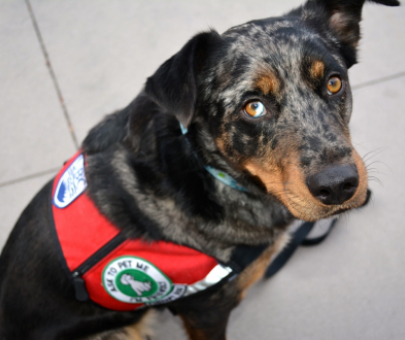
Invite a Dog to Teach Social Skills in the Classroom
-
- Secure and Calm
- Gets Along with Others
- Alert and Engaged
- Compassionate and Kind
- Solves Problems Peacefully
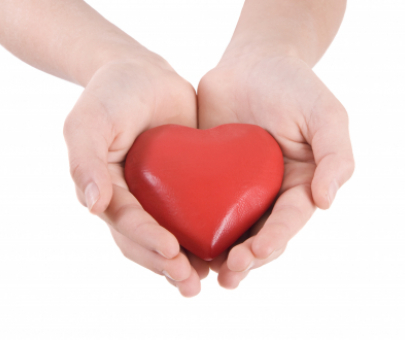
The 3 Arguments for a Focus on Well-Being
-
- Secure and Calm
- Gets Along with Others
- Alert and Engaged
- Compassionate and Kind
- Solves Problems Peacefully

Sleep Your Way to Heart-Mind Well-Being
-
- Secure and Calm
- Gets Along with Others
- Alert and Engaged
- Compassionate and Kind
- Solves Problems Peacefully

12 Practices for Connecting to Self and Others in Times of Stress
-
- Secure and Calm
- Gets Along with Others
- Alert and Engaged
- Compassionate and Kind
- Solves Problems Peacefully
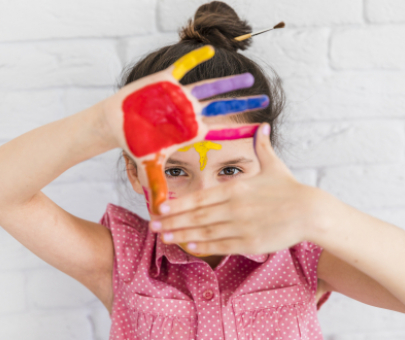
15 Neurodiversity-Inclusive SEL Strategies
-
- Secure and Calm
- Gets Along with Others
- Alert and Engaged
- Compassionate and Kind
- Solves Problems Peacefully
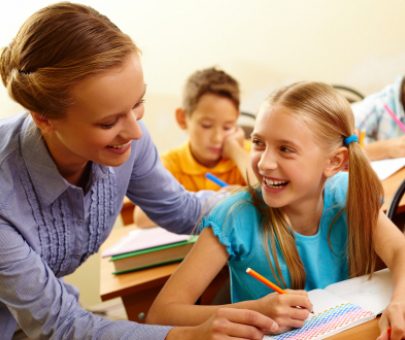
Calm Teachers, Calm Students
-
- Secure and Calm
- Gets Along with Others
- Alert and Engaged
- Compassionate and Kind
- Solves Problems Peacefully
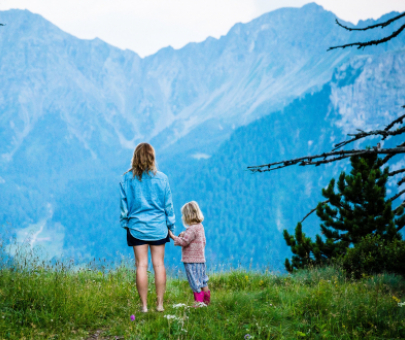
Fall in Love with Nature
-
- Secure and Calm
- Gets Along with Others
- Alert and Engaged
- Compassionate and Kind
- Solves Problems Peacefully

Kim Schonert-Reichl: Why Educate the Heart?
-
- Secure and Calm
- Gets Along with Others
- Alert and Engaged
- Compassionate and Kind
- Solves Problems Peacefully
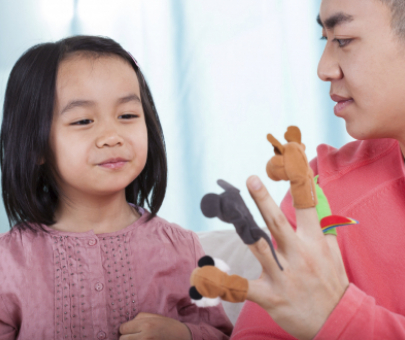
Quantity & Quality of Emotion Words Matter!
-
- Secure and Calm
- Gets Along with Others
- Alert and Engaged
- Compassionate and Kind
- Solves Problems Peacefully
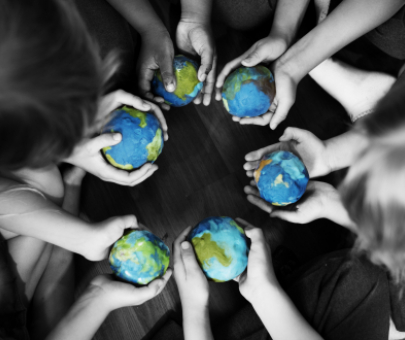
Drama Games for Inclusion and Social Change